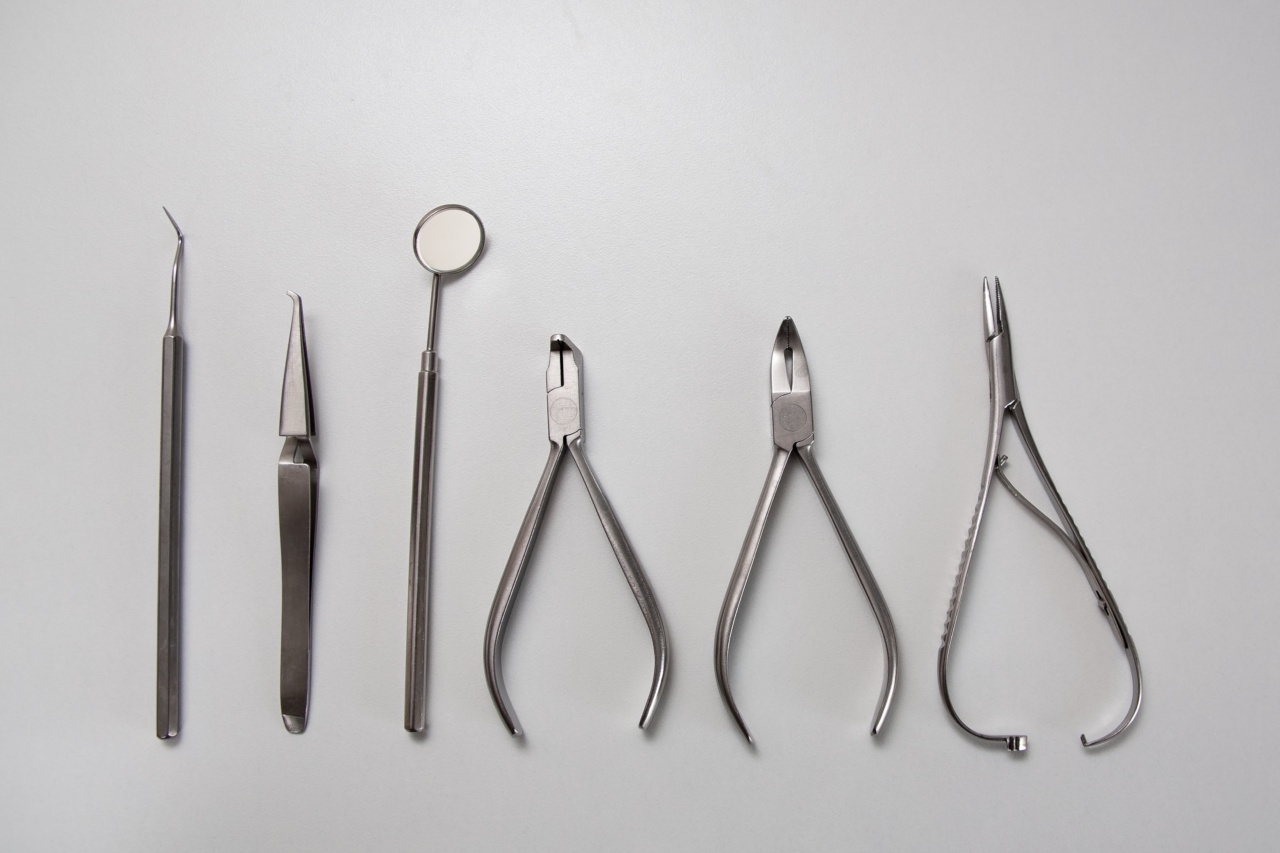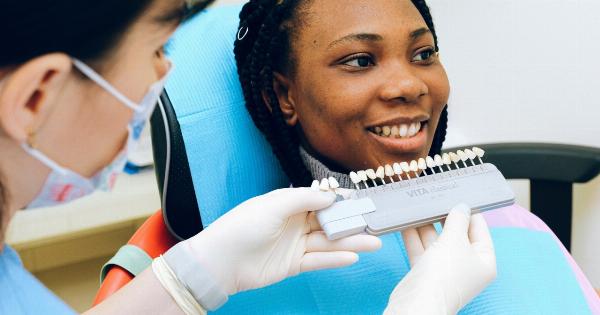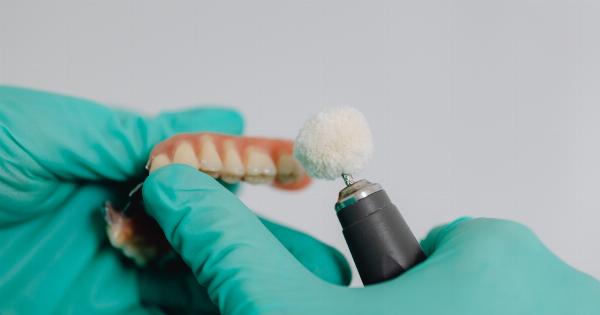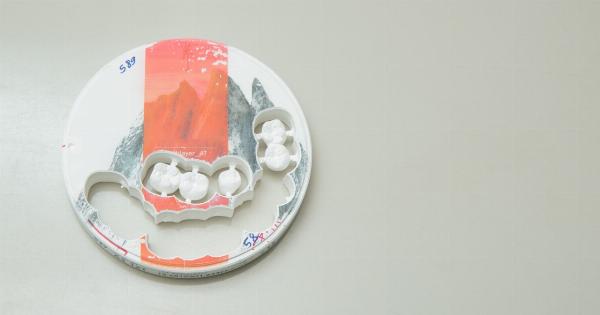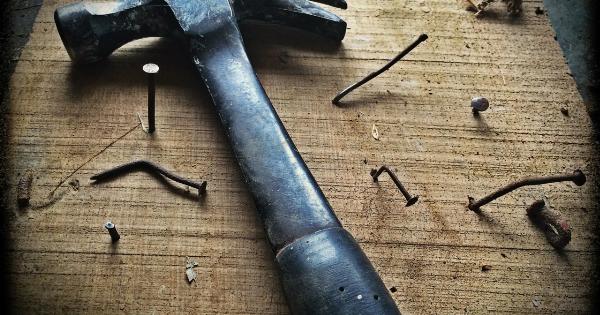Having a dental fracture can be a painful and distressing experience. Unfortunately, dental fractures are relatively common and can occur due to various reasons.
In this article, we will explore the causes of dental fractures and discuss the different ways they can be fixed. Whether you have experienced a dental fracture yourself or are simply curious about the topic, this article will provide you with valuable insights.
What Causes Dental Fractures?
There are numerous factors that can contribute to the development of dental fractures. Understanding these causes can help in preventing future fractures. Here are some of the most common causes:.
1. Trauma
One of the primary causes of dental fractures is trauma. This can occur due to accidents, falls, or sports injuries. Trauma to the mouth area can lead to cracks or breaks in the teeth, especially if there is direct impact or force applied.
2. Tooth Decay
Untreated tooth decay can weaken the tooth structure, making it more prone to fractures.
When tooth decay progresses and reaches the inner layers of the tooth, it can cause structural damage that weakens the tooth enamel and increases the risk of fractures.
3. Teeth Grinding (Bruxism)
Individuals who clench or grind their teeth, a condition known as bruxism, put excessive pressure on their teeth. Over time, this can lead to dental fractures.
Bruxism often occurs during sleep or in response to stress and can be managed with the use of nightguards or other dental appliances.
4. Dental Fillings
Dental fillings may eventually weaken the surrounding tooth structure, especially if the filling is large or has been in place for a long time.
This weakening can make the tooth more susceptible to fractures, particularly if the filling itself fails or falls out.
5. Chewing Hard Foods or Objects
Continuously subjecting your teeth to the force of chewing on hard foods or objects can increase the risk of dental fractures.
Activities like opening bottle caps with your teeth, chewing ice, or biting into hard candies can put excessive pressure on the teeth and lead to fractures.
Ways to Fix Dental Fractures
The specific treatment for a dental fracture depends on the severity and location of the fracture. A dentist will assess the situation and recommend an appropriate course of action. Here are some common ways dental fractures can be fixed:.
1. Dental Bonding
Dental bonding is a procedure that uses tooth-colored resin material to repair small fractures or chips. The resin is applied to the affected area and shaped to match the natural appearance of the tooth.
Dental bonding is a relatively quick and non-invasive option for minor dental fractures.
2. Dental Crowns
For more significant dental fractures, dental crowns may be recommended. A dental crown is a custom-made cap that covers the entire visible part of the tooth. It provides strength, protection, and restores the tooth’s shape and function.
Dental crowns can be made from various materials, including porcelain, metal, or a combination of both.
3. Root Canal Therapy
If a dental fracture extends into the pulp of the tooth, root canal therapy may be required. This procedure involves removing the damaged or infected pulp, cleaning the area thoroughly, and filling in the space with a biocompatible material.
Root canal therapy restores the health of the tooth and prevents further complications.
4. Dental Veneers
For cosmetic purposes, dental veneers can be used to fix dental fractures that are confined to the front teeth. Veneers are thin shells made from materials like porcelain, which are bonded to the front surface of the tooth to improve its appearance.
Veneers not only fix fractures but also correct other cosmetic imperfections such as discoloration or misalignment.
5. Dental Implants
In cases where the dental fracture is severe and the tooth cannot be saved, extraction may be necessary. Dental implants are a popular solution for replacing missing teeth.
A dental implant involves placing a titanium post into the jawbone, which serves as an anchor for a prosthetic tooth. This option restores both the appearance and function of the tooth.
Preventing Dental Fractures
While dental fractures can be distressing, there are several preventive measures you can take to reduce the risk. Here are a few tips:.
1. Wear Mouthguards
If you participate in contact sports or activities that pose a risk of dental trauma, wearing a mouthguard is essential. A mouthguard acts as a protective barrier, reducing the likelihood of dental fractures or other injuries.
2. Regular Dental Check-ups
Regular dental check-ups allow your dentist to identify any potential issues early on, including weakened tooth structure or dental fillings that may require replacement. Timely intervention can help prevent dental fractures.
3. Avoid Teeth Grinding
If you grind your teeth, speak to your dentist about treatment options. They may recommend a nightguard or other dental appliance to protect your teeth while you sleep and manage the symptoms of bruxism.
4. Practice Good Oral Hygiene
Maintain a consistent oral hygiene routine by brushing your teeth twice daily, flossing regularly, and using mouthwash. This helps to keep your teeth strong and healthy, reducing the risk of tooth decay and subsequent dental fractures.
Conclusion
Dental fractures can occur due to various reasons, including trauma, tooth decay, teeth grinding, dental fillings, or chewing on hard objects.
The treatment options for dental fractures depend on their severity, ranging from dental bonding or dental crowns to root canal therapy or dental implants. By taking preventive measures and practicing good oral hygiene, you can minimize the risk of dental fractures and ensure the overall health of your teeth.
